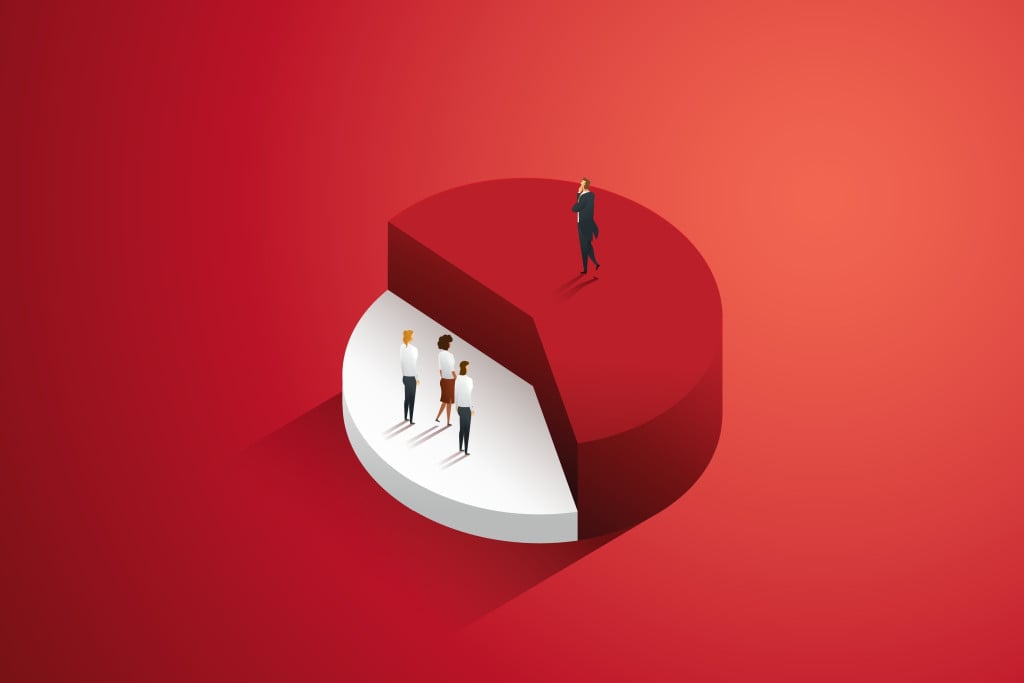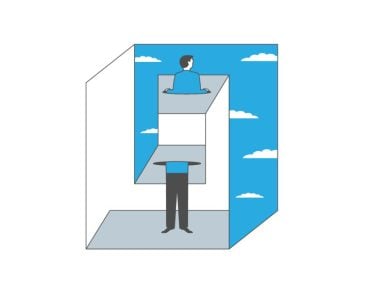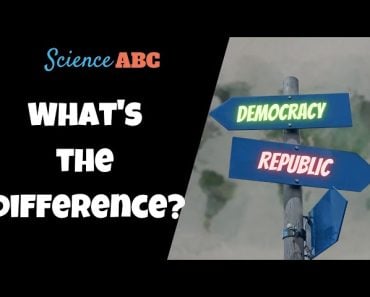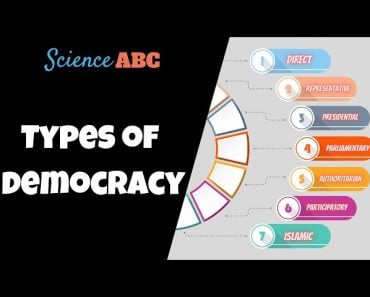Your social class influences how you perceive economic problems of production, distribution, accumulation and growth. The policy reforms that you demand are a result of your social class. In fact, your desires for economic policy are deeply interconnected with your social position, as any economic fact can never be value-neutral.
Like it or not, consciously or subconsciously, every single person indulges in Economics in their day-to-day lives. Budgeting is one of the most common examples of an individual choosing how to allocate their spending among competing goods. At an aggregate level, these choices determine a nation’s GDP level under the broad category of household expenditure.
Different economic actors perform activities pertaining to the production of goods and their distribution to various consumers through various means of exchange (money, barter etc.). Each activity varies from person to person, as their experiences are dominated by values, perspectives and beliefs subject to their class identity in society. Their position in society dictates how they will perceive and be perceived in an exchange process.
An example could be your supermarket choice, shopping at Costco vs. Acme. In most cases, a high-earning individual or someone with generational wealth doesn’t think twice before choosing to shop at Acme (a high-end supermarket). Still, a working-class or daily wage earner must think twice before shopping at Acme.
That is a straightforward example of how class reflects our daily life choices. Social class implies power and status. The distribution of resources in various economic activities is often heavily mediated by power relations, and not necessarily on optimization or a meritocratic basis. Let’s try to understand exactly how economic activities are deconstructed through class identity.

Recommended Video for you:
What Is Economics?
The term economics draws its roots from ancient Greece and the word oikonomia, which is a term for the study of the ‘way to run a household’. Today, economics is understood as the study of the production, distribution and growth of resources in any economic system. Whether you choose to run a household or a country, both are economic systems in their own right.
The very fact that you have a choice among alternatives in running a system implies that what really matters is why you choose to run an economy in a certain way, when alternatives exist. The choice one makes is influenced by their ideology, because any economic system, be it a household or a country, is embedded in a social system of morality. It follows norms, conventions and accepted modes of behavior. Without these in place, economic life is inconceivable. Facts, norms or conventions cannot be ideologically neutral. Ideology legitimizes power.
All motives are often brushed under the gambit of the general welfare. However, what constitutes general welfare varies from person to person. It is conditioned on cultural factors, such as personal courage, education, personal experiences, political environment, relative freedom prevalent in the society, and most importantly, ideology.
Why Does Social Class Play A Predominant Role, Among Other Factors, In Shaping Our Economic Understanding?
The term class has come to replace terms like “rank” or “order” in society. All of these words have hierarchical connotations. However, unlike rank or order, class suggests mobility. While the term rank or order was widely prevalent before revolutionary political changes took place in the 18th century, the term class represented new social groups. These groups were categorized mainly in economic terms, i.e., ownership of capital or their dependence on wages. Although it is not easily distinguishable today, we have a middle class, which represents a mix of both previous classes; they own properties, but may also belong to the working class.

Social class cannot be categorized based on earnings alone. It includes other factors, such as race and ethnicity, as well as (critically) the ownership and control of resources.
Social class therefore dictates our experience in one way or another. From your choice of schooling, restaurants, and shopping – the way you socialize in a system is dictated predominantly by your class identity. This class identity is dictated by the income at your disposal for various activities.
Take another example of public policy; most businessmen would lobby for economic growth and less governmental intervention, allowing “free markets” to reign. On the other hand, working-class interests would lobby towards more social security, more market regulation, and for governments to interfere to ensure a level playing field in market activities. Similarly, when governments are faced with the choice of allocating funds for any purpose, there is often conflict among groups over who should be the primary beneficiaries. Groups often lobby for their interests to preside over others.
An individual’s social class indicates power. It demonstrates their wealth, influence and status in society. Social class also provides a structure for how wealth is created and distributed in society.
As we know, economics deals with the problems of production, distribution and accumulation; each activity mentioned here involves social interaction between contesting parties. Each party performs actions to serve its own interests, which can often be in conflict. This conflict is usually mediated through the lens of power, underlying the idea of social classes in a society, as it denotes hierarchy.

Is Understanding Social Class Sufficient To Shape Economic Understanding?
Understanding class relations helps in understanding the power dynamics of society. Often, resource distribution is dictated by existing power structures in society. The economic activities of production, distribution and growth involve complex interactions with members of any society. During a conflict of interest, there will always be a tussle between ascendant and subordinate groups. Both groups will use different instruments to get their way.
For instance, consider problems of national income distribution between wages and profit. This pie is never equitably distributed between the capitalists and the workers; there’s always a negotiation. If no party agrees over the share they receive, it leads to inflation, as the pressure is on for prices to go even higher.
Understanding social class is critical, although economics is a more tangible system bound by logical constraints. Before allowing for sociopolitical understanding to enter, you need to understand the economic organization of life in societies or communities. This involves understanding the activities that are primarily engaged in generating income. Once an understanding of the economic organization of human life is clear, one can understand the influence of social class in allocating roles related to economic activities.
Therefore, while social class plays an integral role in your conception of economics, it is equally important to understand the economic organization of human life.
References (click to expand)
- Myrdal, G. (1962). An American Dilemma. New Tribalisms. Palgrave Macmillan UK.
- R Muñoz de Bustillo Llorente. (2022) Social classes in economic analysis. A brief historical account. Joint-research-centre.ec.europa.eu
- The Economic Basis of Social Class. CORE
- Wingen, T., Englich, B., Estal-Muñoz, V., Mareva, S., & Kassianos, A. P. (2020, July 11). Exploring the Relationship between Social Class and Quality of Life: the Mediating Role of Power and Status. Applied Research in Quality of Life. Springer Science and Business Media LLC.












